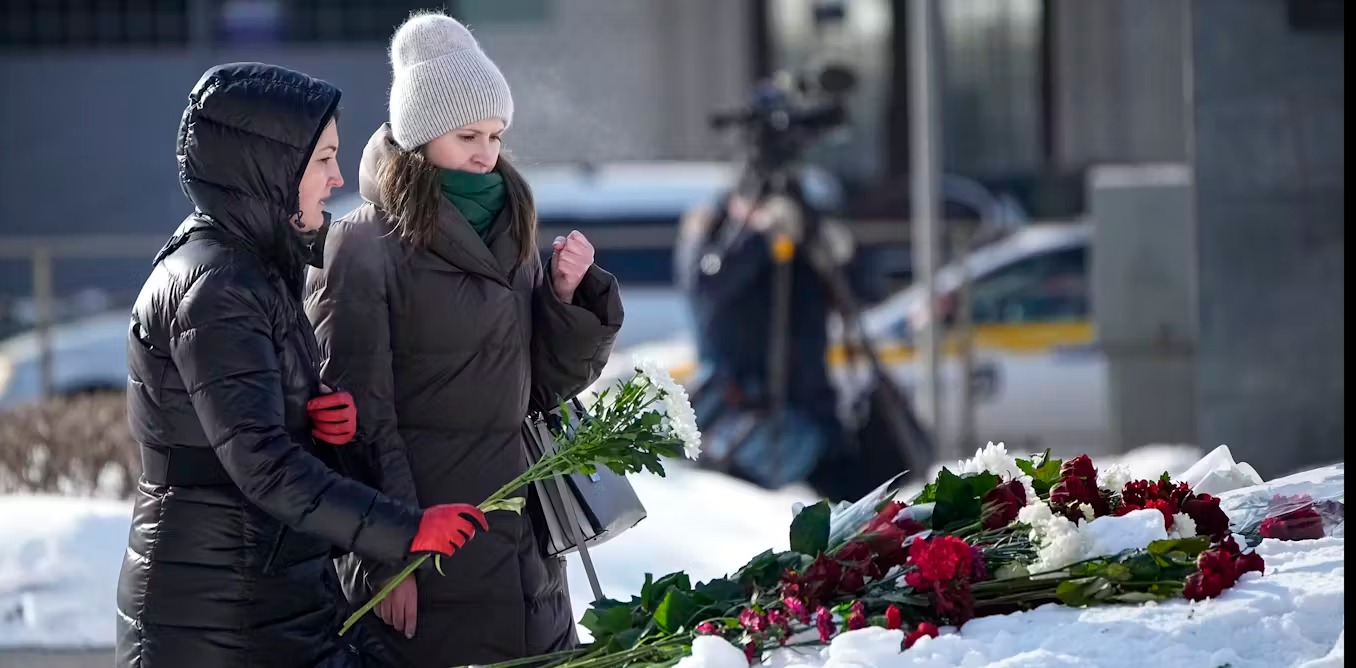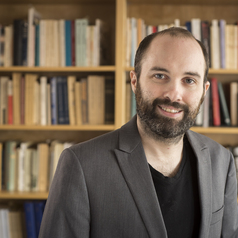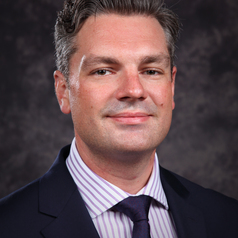The recent death of Alexei Navalny brought immediate condemnations from world leaders, with the American president immediately pointing the finger of blame at Vladimir Putin.
One cannot say with certainty the Russian president had Navalny killed. But the dissident’s death ahead of Russia’s presidential elections in March fits a pattern. Putin’s detractors have a habit of dying at moments when he is being scrutinized.
Nonetheless, statements like Joe Biden’s, who held Putin personally responsible for Navalny’s death, play to Kremlin propaganda.
‘Western stooge’
Putin has been able to divide those who support Navalny with a combination of pandering to them and condemning the dissident as a western stooge.
The passion and breadth of western outrage is grist for this mill. The ability of Navalny’s widow, Yulia Navalnaya, and other reformers to bring about future change in Russia could be undermined if their cause becomes associated with the West.
Navalny’s appeal in Russia went beyond the democratic and anti-corruption stances that earned him innumerable western admirers. To Russians, Navalny was first and foremost a nationalist.
He was a threat to Putin because he motivated nationalists, a segment of Russian politics once critical of the strongman.
Putin is, assuredly, an authoritarian leader and commands considerable extra-judicial powers. But he’s always needed the support of Russian citizens. For more than a decade, Russian nationalists have been key to his longevity.
The political turmoil of the 1990s and early 2000s left many Russians questioning their place in the world. Russia went from the centre of one of the world’s superpowers to what some Russians perceived as being ignored or belittled by the United States.
Yeltsin’s successor
Putin, as the successor to Russia’s first president — Boris Yeltsin — is heir to a political position staked out between Communists, who advocated a return to something like the Soviet Union, and nationalists, who sought to restore Russia to its status as a great power.
This balancing act was obvious early in Putin’s first term in office. Russian nationalists cried foul because western powers fought wars to preserve human rights in some countries while Russians in post-Soviet states were slighted.
But Putin, not beholden to nationalists at this point in time, actually entertained joining NATO, that bastion of the West.
The U.S. did not take Putin’s suggestion seriously. As a result, along with Putin’s perception that the U.S. supported his political foes, the Russian president looked to cultivate another source of stability. He turned to the Russian nationalists.
For certain Russian nationalists, anti-westernism is a key facet of their ideology. Putin now fully embraces these nationalists. His fear of them challenging his domestic position, in fact, helped fuel his increased involvement in Ukraine over the past decade.
Putin was unable to extricate himself from the Donbas region of Ukraine — with its Russian-speaking majority — without the risk of losing the support of Russian nationalists. This is one of the factors that caused him to invade Ukraine in February 2022.
Navalny’s appeal
While initially quite far right on the political spectrum, Navalny became more moderate over time. Nevertheless, his vision for Russia did not always align with western ideals.
Navalny believed Crimea should not automatically be returned to Ukraine following Russia’s 2014 annexation, for example. This is consistent with nationalist arguments that Crimea is part of Russia. Furthermore, while Navalny’s views on immigration evolved, they were still tinged with populism.
Navalny understood his appeal to Russians, and how dangerous it was to Putin, very well. In 2020, Navalny was transported to Berlin for medical treatment after being poisoned with the Novichok nerve agent. Novichok, it should be noted, has been used frequently against Russian dissidents.
Before returning to Russia to continue challenging Putin, Navalny released a video in case he died while in custody.
#Navalny's appeal to Russians in case of his death
— NEXTA (@nexta_tv) February 16, 2024
🎥 Excerpt from the movie "Navalny" by Daniel Rohr, 2022 pic.twitter.com/QET6hQ122V
In it, he told the Russian people:
“If they decide to kill me, it means that we are incredibly strong. We need to utilize this power to not give up and to realize that we are a huge power that is being oppressed by these bad dudes. We don’t realize how strong we actually are.”
Damaging Navalny’s legacy
The West, by championing Navalny, risks diminishing his legacy as a champion of the Russian people due to prevalent anti-western sentiment within Russia.
For years, Putin refused to mention Navalny by name. The Russian leader’s supporters and government, however, were not so circumspect. The Kremlin, in fact, went so far as to accuse Navalny of being a CIA agent.
The world leaders who have expressed the most outrage after Navalny’s death are western: Biden, French President Emmanuel Macron, British Prime Minister Rishi Sunak and others.
The contrast between these statements and those by Brazilian President Luiz Inácio Lula da Silva and China’s state media are stark. Neither statement condemned Putin for Navalny’s death.
Regardless of the validity of their noncommittal stances, these leaders have helped the Kremlin further link Navalny to the West.
Navalny displayed great personal courage in his convictions by returning to Russia, knowing he would almost certainly face repression and imprisonment.
People like Navalny’s wife, Yulia Navalnaya — not western leaders — are best placed to carry on the fight for Russia’s future. But they’ll only succeed if Navalny’s cause isn’t seen by Russian nationalists as being anchored to western ideals.



 FxWirePro- Major Crypto levels and bias summary
FxWirePro- Major Crypto levels and bias summary  Nasdaq Proposes Fast-Track Rule to Accelerate Index Inclusion for Major New Listings
Nasdaq Proposes Fast-Track Rule to Accelerate Index Inclusion for Major New Listings 


































